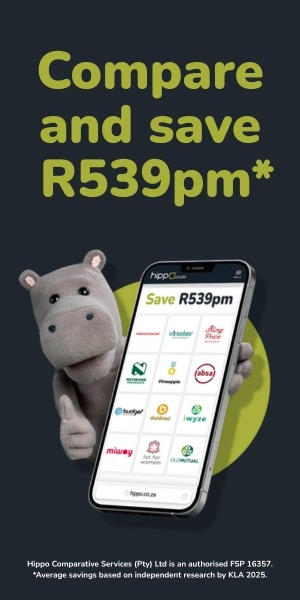What Car Can You Afford on South Africa’s Average Salary?
Mzansi’s road to financial freedom can sometimes feel like driving on a pothole-ridden street. You need to swerve, slow down, and brace for the bumps. And when it comes to buying a car, it’s not just about what you want, it’s about what you can afford (and what won’t cost you your sanity each month).
Let’s break down what car is realistically within reach for the average South African salary earner in 2025.
What Are South Africans Earning on Average?
Despite the economic woes, there’s some surprisingly positive movement in salaries. According to BusinessTech, South Africa’s average gross salary increased by 5.4% year-on-year in early 2025. The average salary now stands at R26,894 per month, or R322,728 annually.
After tax, you’re likely walking away with roughly R22,823 per month, depending on your tax bracket and deductions.
Not bad, but not new-Lambo money either.
How Much Should You Spend on Car Payments?
Let’s talk affordability. According to global advice from Autotrader, you shouldn’t spend more than 20% of your gross monthly income on car repayments. If you include insurance, service plan, and all the bits and bobs, then your total car-related costs shouldn’t exceed 20% of your salary.
Let’s say you’re earning the average monthly gross income of R26,894:
- 10% of salary: R2,689
- 15% of salary: R4,034
- 20% for total vehicle costs: R5,379
That gives us a ballpark figure of what you can afford per month. Want to crunch your own numbers? Use Cars.co.za’s Car Affordability Calculator to get real-time estimates based on your earnings.
Read more: Hippo’s complete guide to cars in South Africa
What Car Can You Afford With the Average Income?
We’ve looked at the top 10 best-selling cars in South Africa at the end of 2024 (according to Cars.co.za), found their out-the-box retail prices, and compared them to monthly repayment estimates. Then we asked: does the repayment fall between 10–20% of the average salary?
| Car Model | Estimated Retail Price | Estimated Monthly Payment | Affordable? |
|---|---|---|---|
| Toyota Hilux | R524,400 | R11,134 | ❌ NO |
| VW Polo Vivo | R241,800 | R5,111 | ✅ YES |
| Toyota Corolla Cross | R384,900 | R8,122 | ❌ NO |
| Ford Ranger | R536,400 | R11,334 | ❌ NO |
| Suzuki Swift | R205,000 | R4,308 | ✅ YES |
| Isuzu D-Max | R479,000 | R10,130 | ❌ NO |
| Toyota Hi-Ace | R621,100 | R13,141 | ❌ NO |
| VW Polo | R219,200 | R4,710 | ✅ YES |
| Nissan NP200 | R241,800 | R5,111 | ✅ YES |
| Toyota Starlet | R250,100 | R5,312 | ❌ NO |
*Average monthly repayments calculated using WesBank's Vehicle Finance Calculator on a 72-month term at 13% interest rate. Figures are for estimation purposes only and may vary depending on your credit profile, deposit and balloon payment.
Don’t Forget About Car Insurance
It’s easy to get caught up in the sticker price of a car, but car insurance is just as important. You don’t want to be paying off a car you can’t drive because it’s sitting smashed up with no cover.
Use Hippo’s car insurance comparison tool to get quotes from up to 12 car insurers in minutes. It’s free, fast, and could save you hundreds each month.
Compare Other Vehicle Costs With Hippo
A car isn’t just a once-off cost, it’s a long-term commitment. Luckily, we can help you compare more than just car insurance:
- Compare Motor Warranty Quotes
- Compare Service Plan Quotes
- Compare Dents and Scratches Cover
- Compare Tyre and Rim Guard
- Compare Vehicle Tracking Quotes
- Compare Car Rental Quotes
So, What’s the Verdict?
If you’re earning the average salary in South Africa or thereabouts, you’ll be able to afford the monthly repayments on a new VW Polo, VW Polo Vivo, Nissan NP200 or Suzuki Swift. And when it comes to secondhand vehicles, your options will broaden.
*Based on data from April 2025.
This article is for informational purposes only and should not be construed as financial, legal, or medical advice.
Hippo Blog Categories































